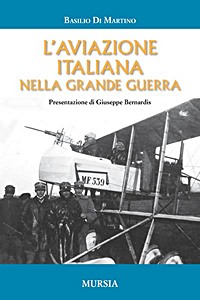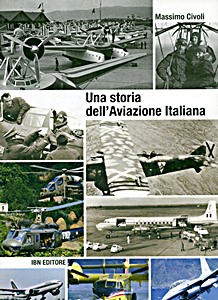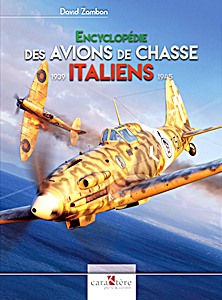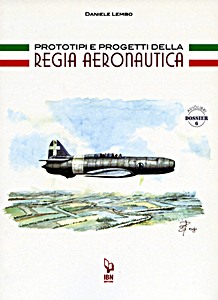Axis Aircraft in Latin America
Following World War I, Germany and Italy began to develop their aviation industry and seek new opportunities to expand their global presence. At the same time, Latin America was a region with an under developed transport system and difficult terrain, while their air power was virtually none existent.
Helped by German and Italian immigrants, the aviation industry of Latin America soon found a fertile terrain to sell their products, developing the first airlines in the region together with an increasing local military aviation interest.
Commercial aviation, including Scadta, the world's second airline, was greatly influenced by the German aviation industry with a legacy stretching over 40 years, while the military focused on Italian aircraft.
These warplanes featured heavily during the Chaco War between Paraguay and Bolivia along with the 1941 war between Peru and Ecuador. Ironically, both German and Italian types were employed against their makers during World War II in patrolling the seas in search for German and Italian submarines.
Famous types including the Junkers F13, W34, K43, Ju52/3m, Ju86, Fiat CR.20, CR.32, BR.20, G-46, G-55, Dornier Wal, Focke Wulf Fw58 Weihe, Fw200 Condor and the only Japanese type, the Mitsubishi Betty are all featured.
Interestingly, several of these examples still survive today, including the world's last Dornier Wal and the Weihe.
Also includes the story of the German and Italian technicians and pilots that went to work to Argentina and Brazil after the war and developed many projects, some of them started in their countries before the end of the war.
Product details
| Author: | Santiago Rivas, Amaru Tincopa |
|---|---|
| Details: | 400 pages, 12 x 8.9 x 1.3 in (30.5 x 22.5 x 3.3 cm), hardback |
| Illustrations: | 350 b&w and color photos |
| Publisher: | Hikoki Publications (GB, 2016) |
| ISBN: | 9781902109497 |
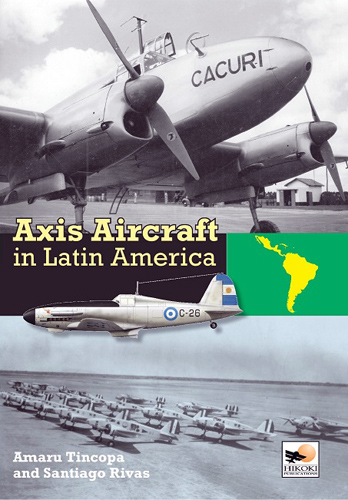
Axis Aircraft in Latin America
Language: English
Available on Amazon - safe payment and fast delivery
Buy on Amazon.comBuy on Amazon UK
Buy on Amazon CA

